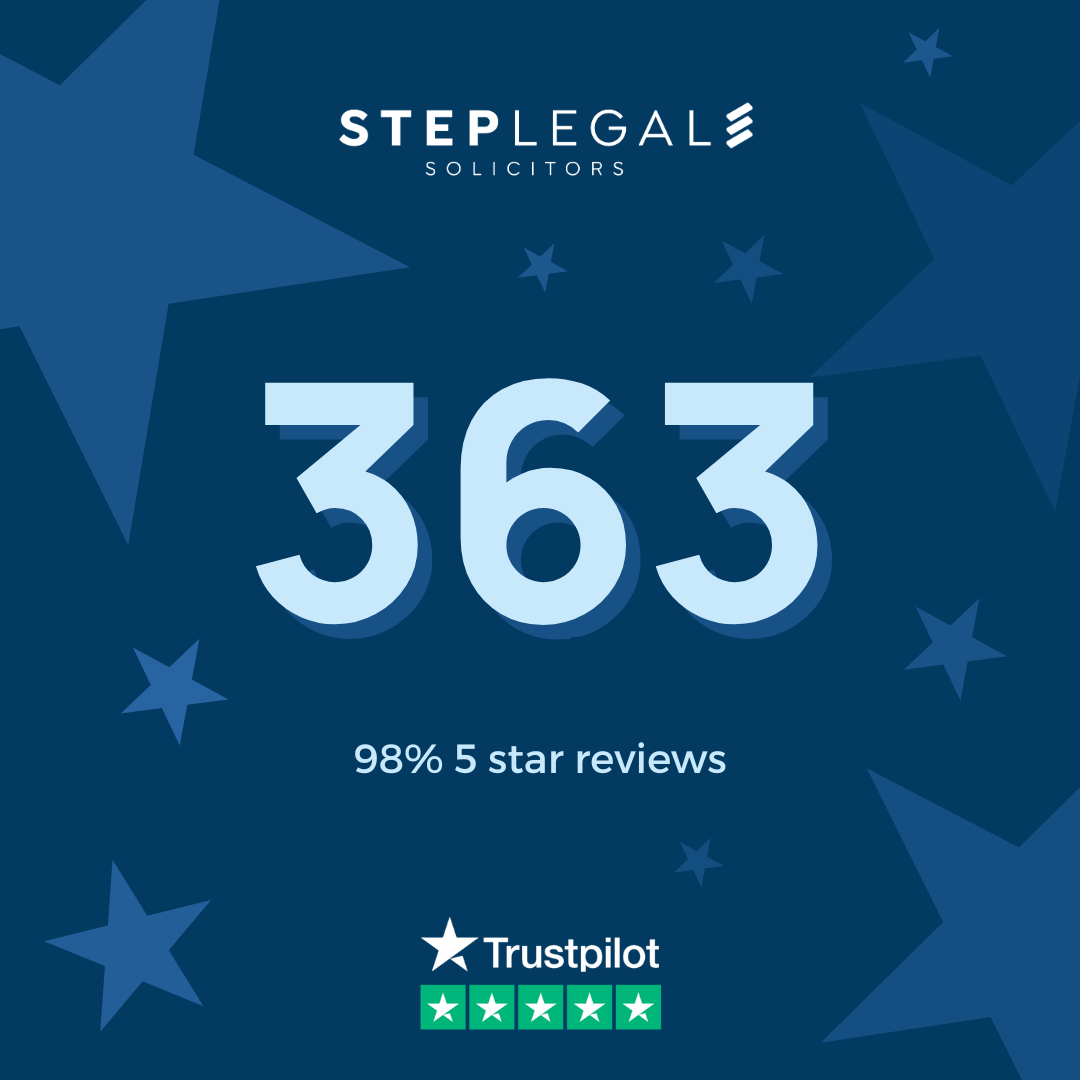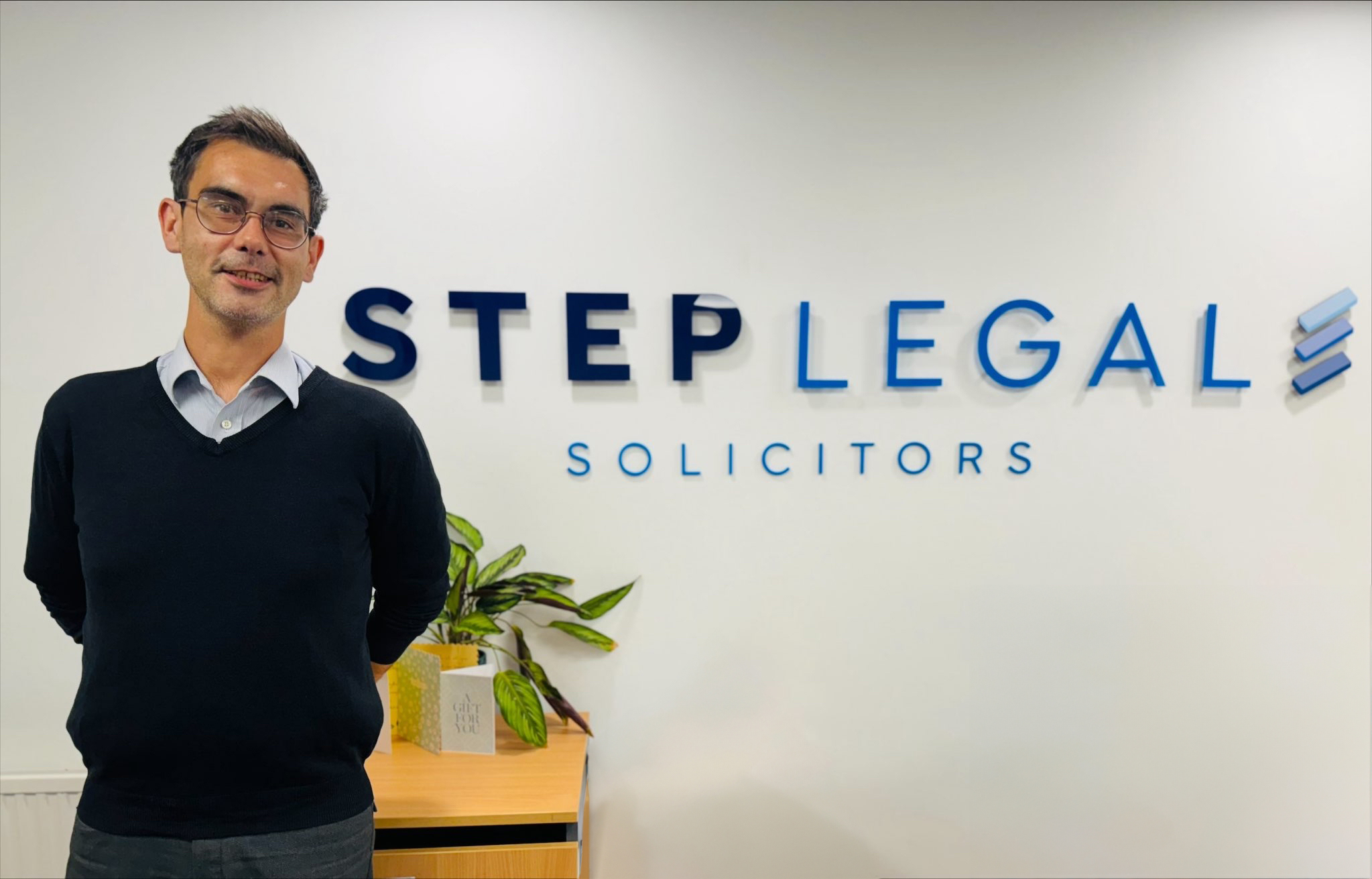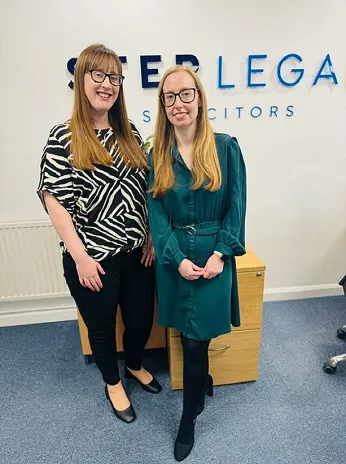
Why You Should Never Accept an Offer from an Insurer to Settle a Personal Injury Claim without First Speaking to a Solicitor
If you have been injured recently in an accident for which you were not to blame, then you may have been contacted by the insurer for the person at fault to see if you would like to deal with them directly over the issue of compensation, rather than going through a solicitor.
The reason for doing this, you are likely to have been told, is to speed up the claims process and ensure you receive a prompt settlement. But be warned, you need to think carefully before saying yes, because while going down this route may be sensible in a straightforward minor injuries case where only nominal compensation is sought, it may not be the best way to proceed in a complex or higher value case in which more serious injuries have been sustained.
Indeed, there is a risk in claims involving anything more than minor injuries that by agreeing to deal with an insurer directly, your claim may end up taking longer to resolve than it would have done had a solicitor been involved and the amount you walk away with could be significantly less than you are entitled to.
Known as ‘third party capture’ or ‘third party assistance’, the routine solicitation of injury victims by insurers is becoming increasingly common, particularly in road traffic accidents and accidents at work, and is something personal injury lawyers like us have serious concerns about.
The Inside Track
As director of Step Legal Solicitors, Abid Hussain, explains:
“Our worry with third party capture, particularly in potentially serious injury cases, is that in their rush to get claims settled it has become apparent that some insurers are making compensation offers based on a very rough and ready assessment of entitlement and without necessarily having regard to the unique circumstances an accident victim may find themselves in; or indeed to the possibility that they may have sustained injuries which have not yet become apparent and which will therefore not have been accounted for when settlement proposals are being formulated.”
“We are also concerned that insurers are not doing enough to explain to accident victims that once they accept an offer they will not usually be able to go back and renegotiate if it becomes obvious that they have settled for less than they perhaps ought to have, and also that if a deal cannot be done they may end up having to use a solicitor anyway to continue with their claim.”
“Our biggest concern, however, is the lack of awareness accident victims seem to have about the limitation period that applies in personal injury cases and which usually means that they will only have three years from the date on which their injuries were sustained in which to make a bid for compensation at court and that, if they miss this deadline, their right to recompense will be lost.”
“This is a real problem where third party capture has occurred, but failed to deliver the desired result, and there is then a realisation very late in the day that advice from a solicitor is needed to ensure the case is ready to put before the court before the limitation period expires.”
“We, ourselves, have first-hand experience of trying to help people who have found themselves in this situation and who have turned to us at the eleventh hour with a desperate plea for help.”
“In some cases we have been able to assist, but in others we have not, which is frustrating as had we been contacted sooner the outcome for those clients we have had to turn away would have been very different and without question significantly better.”
And there are other concerns that have been raised more widely about the third party capture process, including:
- the vested interest insurers have in keeping personal injury payouts as low as possible, given that they are the ones who have to foot the bill;
- the degree of control insurers are able exercise over the way in which claims are handled and the nature and extent of the investigations and assessments that are carried out;
- the difficulty some insurers seem to have in dealing with compensation claims for psychological injuries, such as post-traumatic stress disorder and depression and anxiety, or those involving an element of future financial loss, including loss of earnings where there is uncertainty about an accident victim’s ability to return to work;
- the tendency some insurers have to make settlement offers without first commissioning a medical report, even in cases where this is clearly required to make a full and proper assessment of the compensation that ought rightly to be paid; and
- the apparent reluctance of some insurers to commission more than one medical report, even where it is clear that an accident victim’s condition is in a state of flux or there is an obvious need for an initial report to be updated, reviewed or revised.
The Benefits of Speaking to a Solicitor
While resolving things directly with an insurer may sound like an appealing thing to do, it is always advisable to speak to a solicitor first to make sure you know what you letting yourself in for and so that you are clear on your right to decline their offer in favour of seeking independent legal advice, and usually at no cost where no win, no fee representation is available – at it is at Step Legal.
Talking to a solicitor will also help you to understand how the claims process works and the steps we would suggest ought to be taken to ensure your case is dealt with appropriately, and which may differ from the steps the insurer is proposing to take.
A solicitor can also advise you on your ability to ask the insurer to cover the cost of any immediate treatment or rehabilitation services that you may require and to make you a payment on account of the compensation you are likely to receive, via a so-called interim payment, to shore up your finances where you have experienced a drop in your income or an increase in your outgoings.
In short, a solicitor can ensure that your interests are protected and that the compensation you receive fairly reflects the injuries you have suffered and the impact they have had on you.
At Step Legal, we have no hidden agenda and no ulterior motive when we agree to take on your claim – just a genuine desire to see that justice is done and that you receive what you are owed.
For further information on the sorts of personal injury claim we can assist with, please contact Abid Hussain or Anna Rushton on 0800 1956412 or pop in to see us at our offices in Crewe.
















